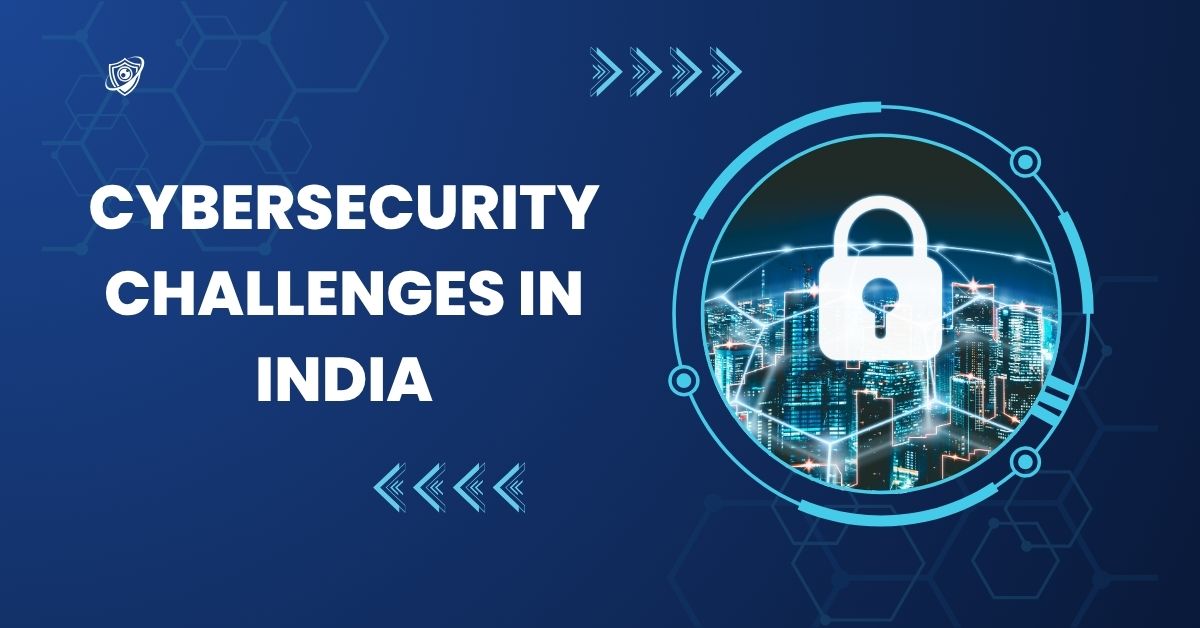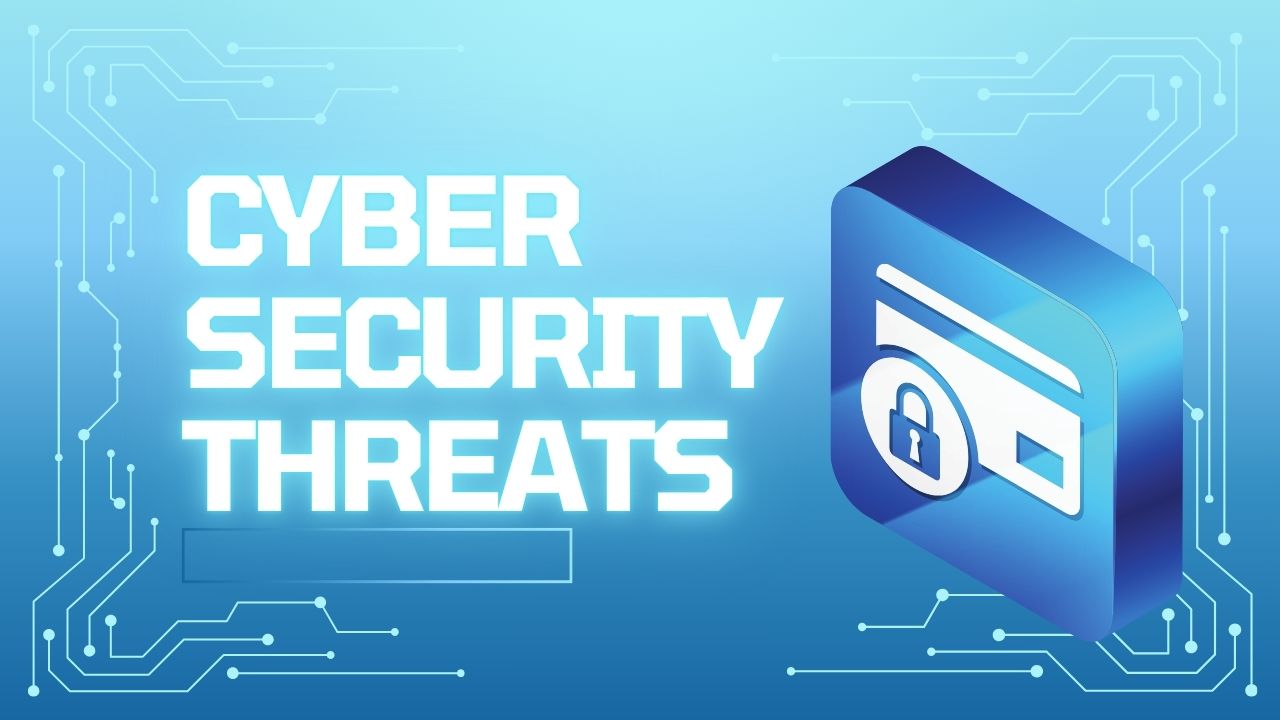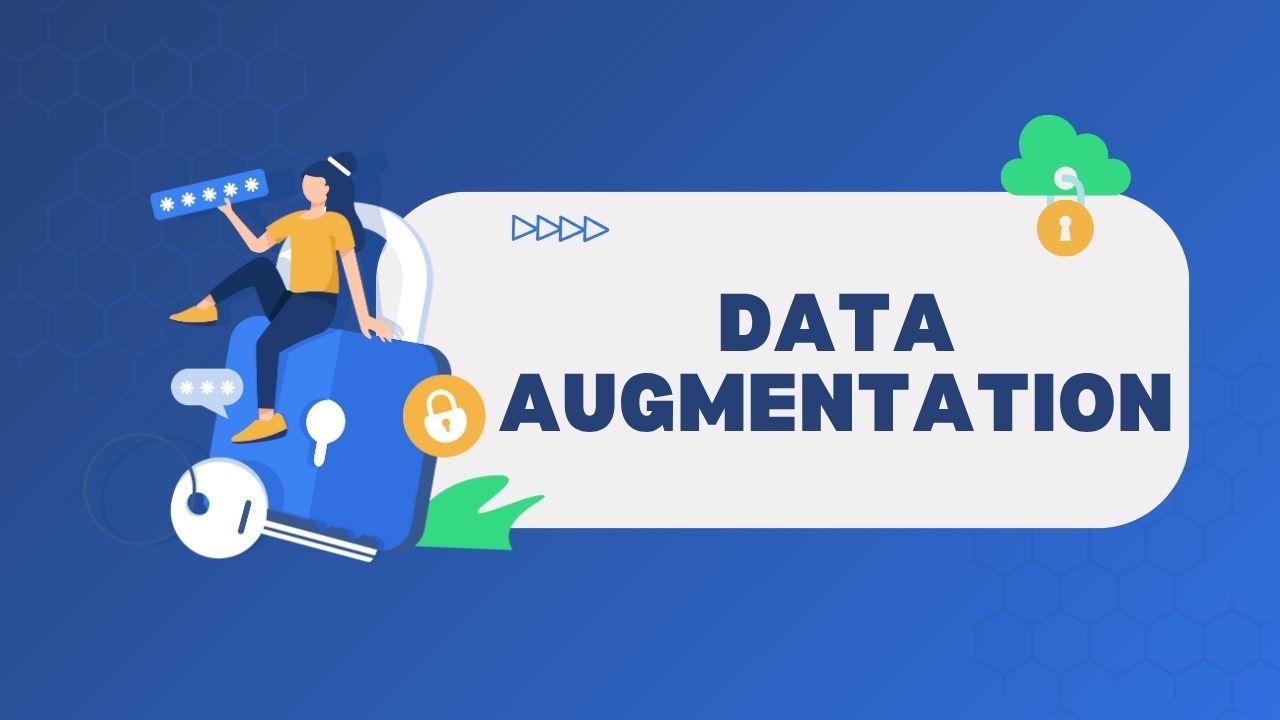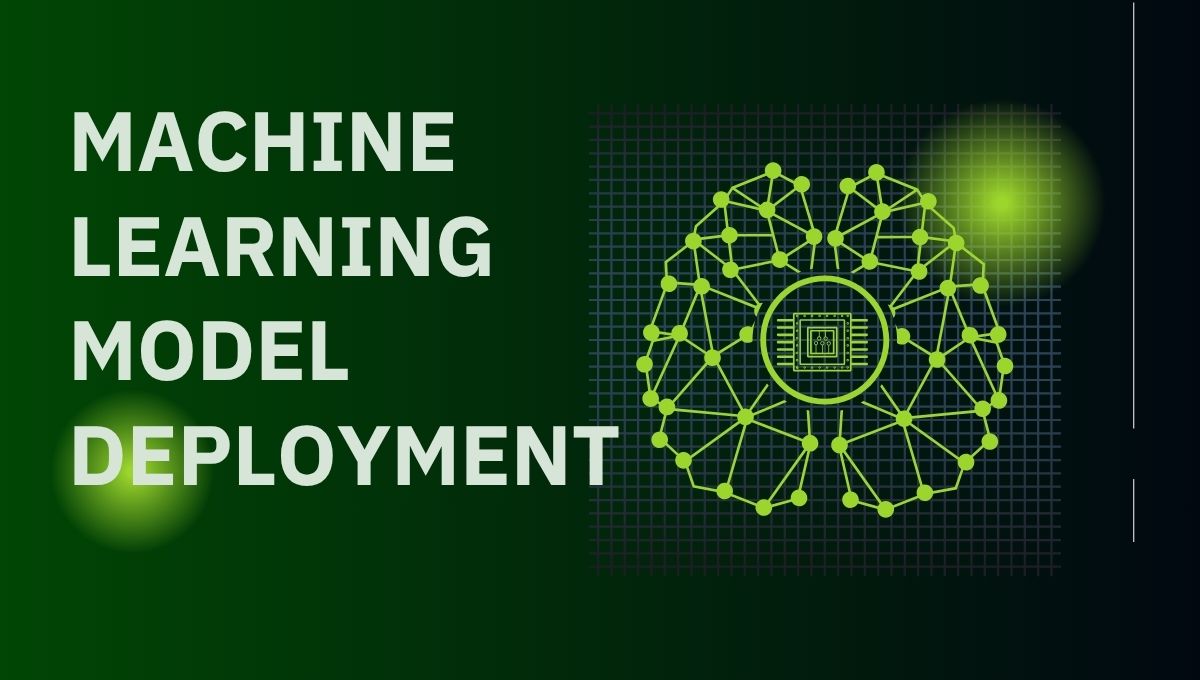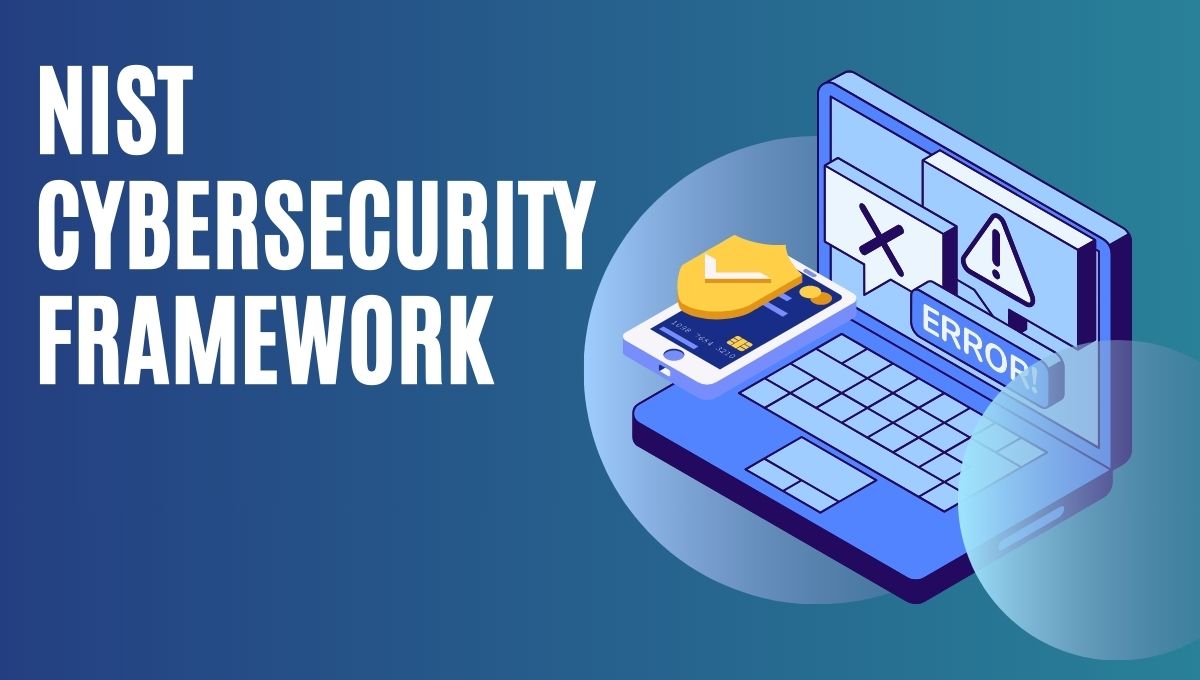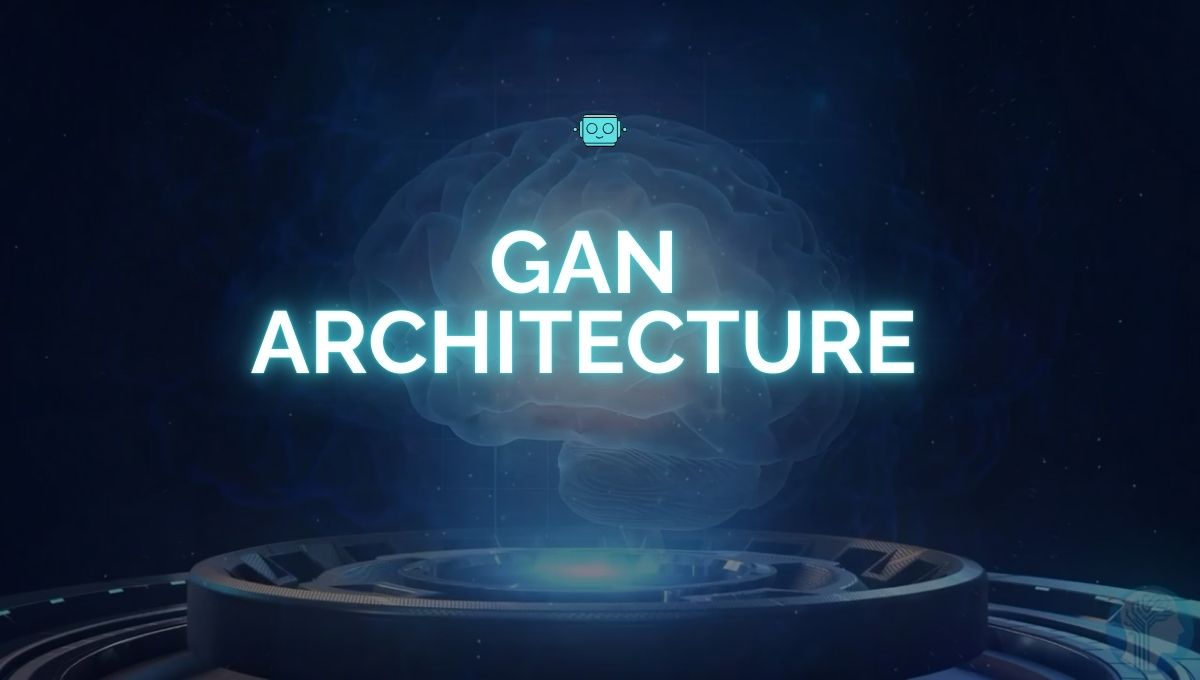Over the last few years, cloud has gone from a future bet to a present necessity. What started as simple storage has become the foundation of how businesses run, scale, and survive change. In 2025, having a flexible and forward-thinking cloud strategy is no longer optional. It’s how organisations keep up, stay secure, and stay in control.
And it’s not just about picking AWS or Azure. That’s the past. Today’s leaders think across clouds. They blend on-premise with cloud-native. They adapt fast to what the business actually needs.
For those leading this shift, knowing where things are headed is vital. If you’re moving into senior tech roles or driving architecture at scale, a strong Chief Technology Officer Programme can prepare you with the tools to guide these decisions confidently.
This article breaks down the state of cloud strategy in 2025, how hybrid cloud setups work, what is cloud-first strategy today, and why multi-cloud isn’t just a buzzword anymore.
What Is Cloud First Strategy?
A cloud-first strategy means that whenever a company plans to build or upgrade systems, the first option considered is cloud. It’s a mindset. Instead of asking “Can we move this to the cloud?” teams ask, “Is there a reason this should be on-premise?”
This doesn’t mean everything must be cloud-based. It just means the business starts with cloud as the default, and uses on-premise or edge options where they make more sense.
Here’s what it typically looks like in action:
- New apps are built in the cloud unless there’s a clear need not to
- Legacy systems are reviewed for migration opportunities
- Cloud-native tools are preferred for monitoring, automation, and security
- Teams are trained to manage cloud-first environments
Cloud First Strategy vs. Cloud Ready
| Feature | Cloud First Strategy | Cloud Ready |
| Default for new systems | Cloud-based | Either on-premise or cloud |
| Infrastructure focus | Virtual, elastic, cloud-native | Legacy plus cloud |
| DevOps alignment | Essential | Optional |
| Business mindset | Cloud as priority | Cloud as backup option |
Understanding what is cloud first strategy helps clarify how companies now approach growth without building more physical infrastructure.
Hybrid Cloud: Where Flexibility Meets Control
A hybrid cloud model combines on-premise systems with public or private clouds. It gives companies more control, without losing out on the benefits of scale and cost-efficiency from the cloud.
Why is this so popular now? Because many organisations still rely on systems that can’t or shouldn’t be fully moved to the cloud.
Examples include:
- Banks keeping sensitive data on-premise while running analytics in the cloud
- Manufacturers syncing edge devices with cloud control centres
- Healthcare firms keeping patient records local but using cloud for processing
A good hybrid cloud setup connects both environments smoothly. Data flows securely. Apps work across both. Teams aren’t stuck waiting on one system to catch up with the other.
Public Cloud vs. Private Cloud vs. Hybrid Cloud
| Feature | Public Cloud | Private Cloud | Hybrid Cloud |
| Cost Efficiency | High | Lower | Medium |
| Control & Security | Lower | High | Medium–High |
| Flexibility | High | Medium | Very High |
| Use Case | Startups, SaaS | Finance, Healthcare | Enterprises with mixed workloads |
A smart cloud strategy doesn’t pick just one, it picks the combination that works.
Why Multi-Cloud Is Becoming the New Normal
In 2025, relying on one cloud provider feels risky. Outages happen. Prices go up. Features vary. That’s why more companies are adopting multi-cloud strategies—using two or more cloud providers at once.
Here’s how it helps:
- Avoid lock-in – You’re not stuck with one provider’s tools, pricing, or roadmap
- Better resilience – If one provider fails, services can switch to another
- Customised workloads – Use Google Cloud for AI, Azure for enterprise tools, AWS for infrastructure
A multi-cloud approach lets teams pick the right tool for the job, not just what the IT contract says.
Building a Cloud Strategy That Works in 2025
So, what makes a good cloud strategy today?
- Clear Ownership
Know who’s responsible for cloud decisions—architecture, security, cost. - Mix of Cloud Models
Use public, private, and hybrid cloud options depending on workload needs. - Cost Visibility
Build tools and processes to track cloud spending in real time. - Security First
Encrypt everything. Apply zero trust models. Automate compliance wherever possible. - Developer Enablement
Use cloud-native services that speed up deployment, testing, and scaling.
Common Challenges and How to Solve Them
Even the best strategies hit speed bumps. Here are some of the usual suspects—and how leaders deal with them.
- Uncontrolled Spend
Cloud bills can spiral if left unmonitored. Use usage alerts, budget caps, and cost reports to stay in control. - Shadow IT
Teams sometimes bypass IT and use their own cloud services. Solve this with education, support, and better governance—not punishment. - Overengineering
Just because something is possible doesn’t mean it’s practical. Keep architecture simple where you can. - Skill Gaps
The cloud moves fast. Upskilling needs to be part of every team’s quarterly plan.
Real Use Cases That Show the Shift
Use Case 1: Retail Scaling on Hybrid Cloud
A national retail brand runs its in-store systems on-premise but connects them to cloud services for inventory updates, payments, and analytics. This lets them run offline if needed—while still syncing data across regions.
Use Case 2: Start-up Using Multi-Cloud for Flexibility
A growing fintech platform starts with AWS. As their AI tools mature, they adopt Google Cloud’s ML stack. Meanwhile, they store compliance-heavy data in Azure. The setup keeps them flexible and scalable.
These examples show why cookie-cutter setups no longer work.
The CTO’s Role in Cloud Strategy
The CTO’s role involves choosing tech that aligns cloud decisions with business goals.
Here’s what strong CTOs focus on in 2025:
- Linking cloud usage to product speed and innovation
- Building guardrails so teams can move fast without breaking things
- Ensuring vendor contracts support long-term flexibility
- Driving cloud maturity across the org and not just in IT
Conclusion
The cloud isn’t one thing anymore. It’s a mix of tools, environments, and strategies tailored to each business. In 2025, a strong cloud strategy uses a combination of hybrid cloud, multi-cloud, and cloud-first principles to stay resilient and ready for whatever’s next.
The key? Flexibility with control. Speed with structure. Strategy that’s built for scale—without ignoring the small stuff.
For those shaping the future of IT, learning how to balance all this takes more than experience. It takes guidance. The Chief Technology Officer Programme by Imarticus Learning gives professionals the clarity and confidence to lead this shift head-on.
Frequently Asked Questions
- What is cloud first strategy in simple terms?
It means a company always starts by considering cloud solutions before looking at on-premise options. - How is hybrid cloud different from multi-cloud?
Hybrid cloud blends on-prem and cloud systems. Multi-cloud uses two or more public cloud providers without necessarily having on-prem components. - Why are companies adopting multi-cloud strategies?
To avoid vendor lock-in, improve reliability, and use best-in-class tools from different providers. - What are the main benefits of hybrid cloud?
Flexibility, data control, local performance, and smoother compliance handling. - How can companies control cloud costs better?
Set budgets, monitor usage, automate alerts, and review billing regularly. - Is cloud suitable for every business?
Most businesses benefit from it, but some workloads (e.g., real-time industrial systems) may still need on-premise infrastructure.
What’s the CTO’s responsibility in cloud planning?
The CTO ensures cloud strategy supports business growth, keeps risks in check, and empowers teams to innovate safely

